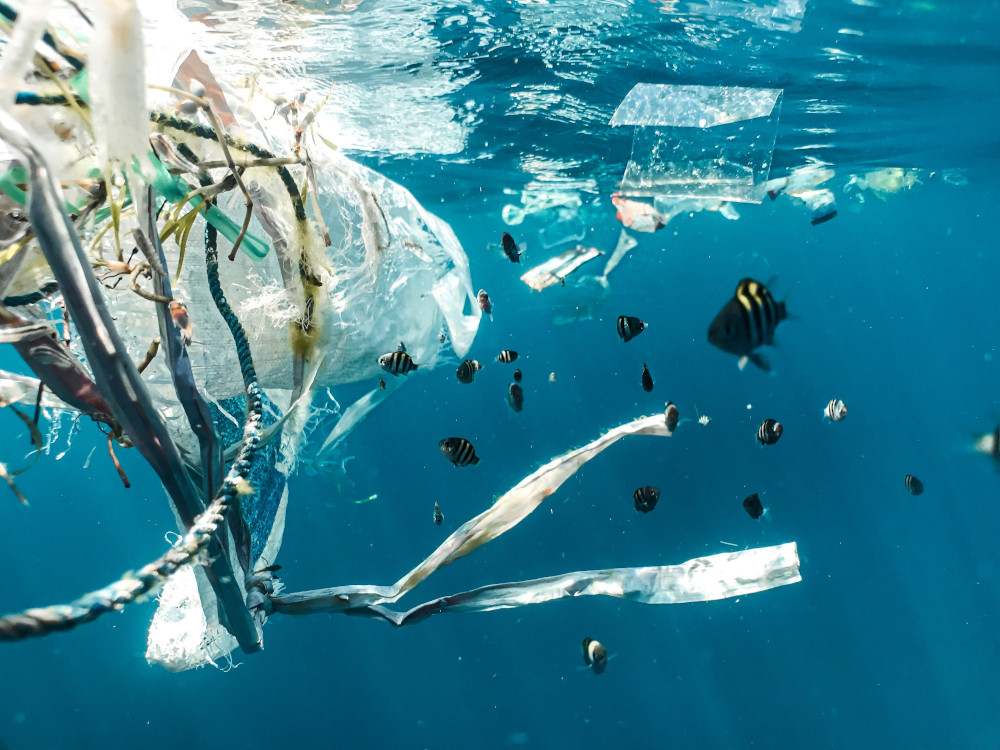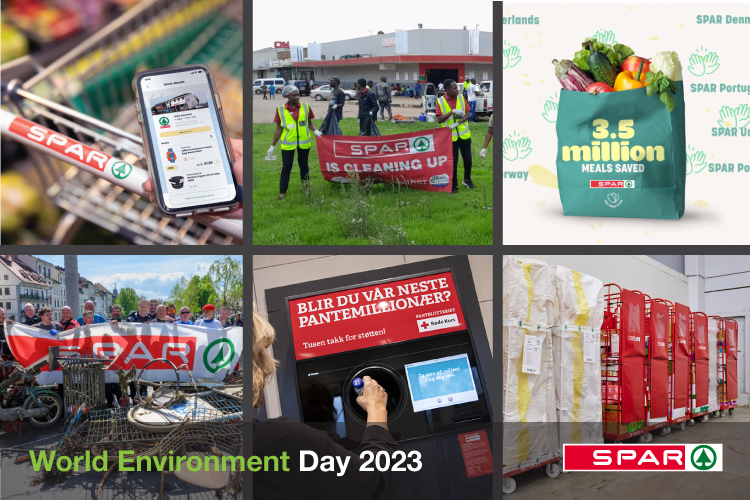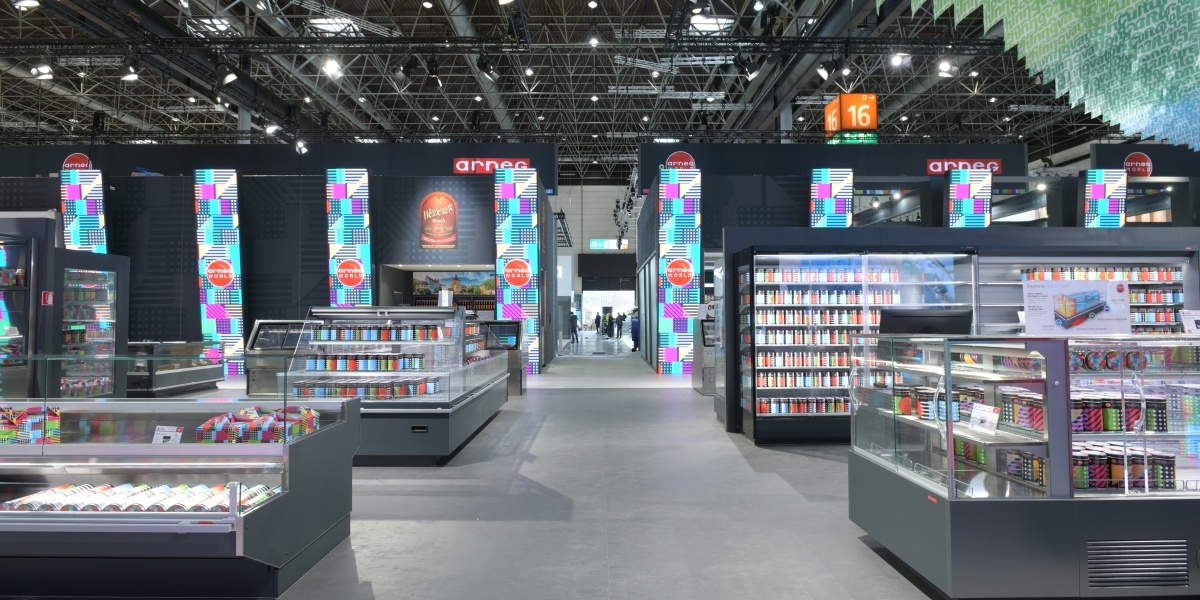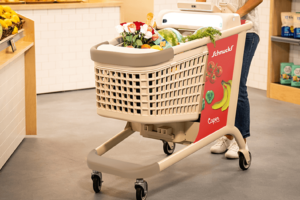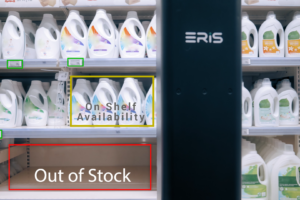In the future, it will be public record whether or not companies license their packaging
Online retailers and mail order companies that have not licensed their packaging yet should do so no later than the beginning of 2019. So-called first-time producers of packaging (“Erstinverkehrbringer”) are legally obligated to participate in a dual system and pay license fees. The new Packaging Act (Verpackungsgesetz) ensures transparency, but can also result in fines and prohibition in sales for non-compliance.
All distributors that ship goods to customers for commercial purposes and put packaging into commercial circulation for the first time are considered “packaging producers” (Verpackungshersteller). This also applies to online retailers, mail order companies, and commercial importers of packaging materials. They are legally obligated to state how much packaging material they are using for the first time and that accumulates as waste with end customers.
A more equitable distribution of recycling costs: The new “Central Office Packaging Registry”

Gunda Rachut, chairwoman of the Executive Board of the Foundation Central Office Packaging Register (Zentrale Stelle Verpackungsregister, ZSVR); © Gunda Rachut / ZSVR
By taking part in a dual system, packaging producers share the costs of disposal and recycling. “We advise retailers who are not yet registered to contact a system operator as soon as possible because they are already under legal obligation to participate in the system. If they have not done so yet, they are acting unlawfully at the present time, “says Gunda Rachut, chairwoman of the Executive Board of the Foundation Central Office Packaging Register (Zentrale Stelle Verpackungsregister, ZSVR).
The ZSVR officially takes up its work as a government agency on January 1, 2019, and is subject to the supervision of the German Federal Environmental Agency (UBA). At that point, the new German Packaging Act (VerpackG) will replace the current German Packaging Ordinance (VerpackV) enacted in 1991. With this measure, the German government aims to increase recyclable materials and reduce the distortion of competition. According to the ZSVR, companies that don’t license their packaging cause annual damages between 200 and 500 million euros. Registered companies have to pick up these costs.
This is why the ZSVR now introduces a mandatory registration. The public packaging registry LUCID provides transparency and indicates who has or has not licensed their packaging materials. This increases pressure on manufacturers and retailers because “the experience gained from the EAR Foundation (Stiftung elektro altgeräte registry pertaining to waste electrical and electronic equipment) has revealed a lot of competitive monitoring. Those who considered themselves exempt from fulfilling their obligations quickly stood out,” says Gunda Rachut of the ZSVR. Anyone who puts unlicensed packaging into circulation can face fines of up to 200,000 EUR per individual case.
What are the steps that retailers must take?
To avoid fines, the first step for online retailers and mail order businesses is to register at a dual system of their choice and provide information on packaging quantities (type of material and total weight) they intend to use for shipments during a predetermined period of time. This also applies to the commercial import of packaging materials.
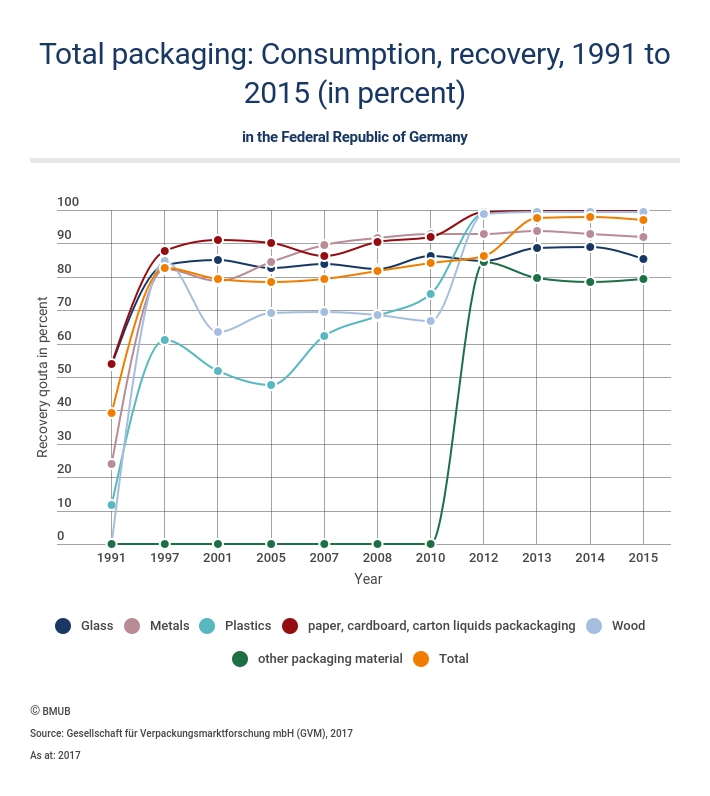
Graphics of total packaging: Consumption, recovery, quota from 1991 to 2015; © German Federal Ministry for the Environment, Nature Conservation and Nuclear Safety; Source: Gesellschaft für Verpackungsmarktforschung mbH (GVM)
This is followed by a free registration with the ZSVR. This requires the company name, the name of the authorized representative, an e-mail address and a password. The second step completes the registration process by indicating the national business registration number and tax ID number of the company. In addition, the information that has been provided to the system operator must also be reported. Pre-registration for 2019 is expected to begin in August of this year.
After the year has ended, companies must report the actual packaging consumption data to the system operator as well as the Central Office. In addition to the materials that are subject to licensing such as boxes, cartons and envelopes, this also includes packaging components such as labels, foils, padding and adhesive materials.
“The disposal of non-recyclable or difficult-to-recycle packaging must become more expensive in the future. Packaging that is part of the closed substance cycle and can be reused to produce new products and packaging is given preferentiality.“ (Gunda Rachut, chairwoman of the Executive Board, Central Office Packaging Register (ZSVR).
System participation fees are calculated based on these specifications. In the future, this license fee will decrease for recyclable materials. This is why a switch to the corresponding packaging is beneficial and worthwhile.
The license fees apply to all first-time producers of packaging, regardless of the number of packages shipped. “De-minimis limits only pertain to the Declaration of Completeness, a kind of audited year-end statement. This Declaration must be submitted if the producer has exceeded specific quantities of mandatory-participation packaging during the calendar year, “says Rachut. Those limits are 80 tons glass, 50 tons of paper, board or cardboard and 30 tons of any other material such as plastic. The Declaration of Completeness must be submitted annually to the ZSVR by the May 15 deadline.
Author: Julia Pott
First published on iXtenso.com – Magazine for Retailers







